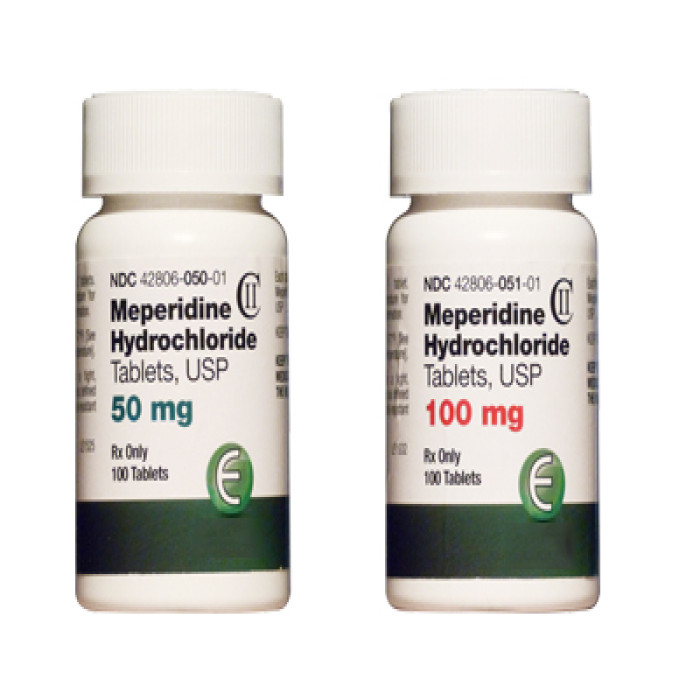
Meperidine Hydrochloride, also known as pethidine or Demerol, is a synthetic opioid analgesic medication used to treat moderate to severe pain. It is a schedule II controlled substance, meaning it has a high potential for abuse and dependence.
Meperidine Hydrochloride works by binding to opioid receptors in the brain, decreasing the perception of pain and increasing feelings of pleasure and relaxation. It also acts on the brainstem to reduce the reflexes that cause coughing and rapid breathing.
Meperidine Hydrochloride is used to treat acute pain, such as pain after surgery or trauma. It may also be used for pain management in labor and delivery.
The most common side effects of Meperidine Hydrochloride are drowsiness, dizziness, and lightheadedness. It can also cause nausea, vomiting, constipation, dry mouth, and sweating. More serious side effects include respiratory depression, low blood pressure, and a risk of overdose.
Meperidine Hydrochloride should be used with caution in individuals with a history of substance abuse or addiction. It should not be taken with alcohol or other CNS (central nervous system) depressants. It is also not recommended for use in individuals with head injuries, respiratory depression, or severe liver or kidney disease.
Meperidine Hydrochloride can interact with a variety of medications, including other opioids, sedatives, and antihistamines. It is important to inform your healthcare provider of all medications you are taking before starting treatment with Meperidine Hydrochloride.


